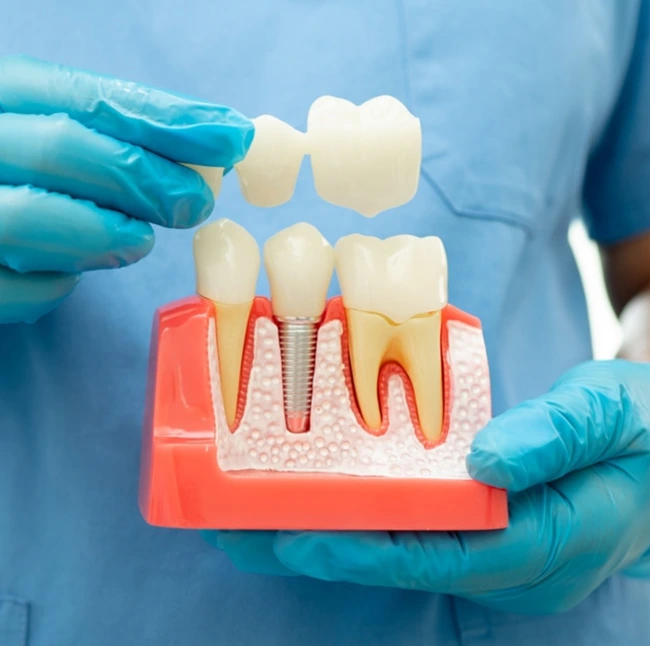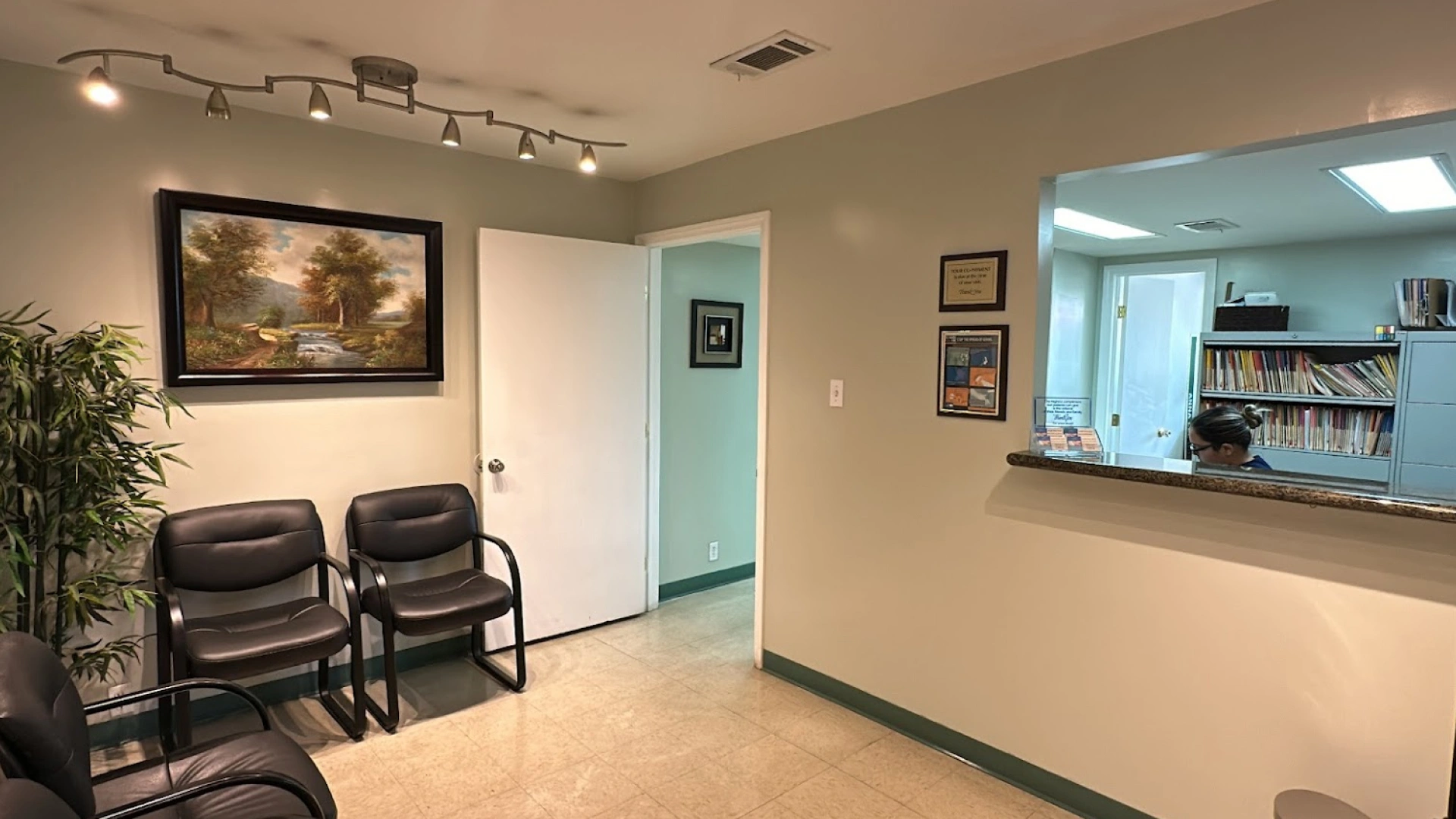
Protect and Repair Teeth With Durable Crowns
Severe tooth decay can sometimes damage a tooth beyond the point where a filling can restore it. If left untreated, the tooth may break down even further. In these situations, dental crowns are used to protect and strengthen the remaining tooth structure.
Dental crowns are vital restorations that can save a broken or decayed tooth by holding it together and preventing further damage. Crowns also provide a natural-looking replacement for unsightly teeth. Additionally, they are an excellent solution for covering discolored or misshapen teeth and can also be placed over dental implants.
A crown, or "cap," works like a natural tooth, improving both strength and appearance. Once placed, it's important to continue brushing, flossing, and attending regular dental checkups to maintain your crown and ensure the health of your surrounding teeth.
What is a Dental Crown?
Metal Crowns
Ceramic Crowns
Porcelain-fused-to-metal Crowns
Zirconia Crowns
Transform Your Smile With a Durable Dental Crown
Once we’ve selected the most suitable crown for your needs, we’ll schedule two appointments. The first appointment involves preparing your tooth for the custom-made crown, while the second appointment is for permanently placing the crown.
Before preparing your tooth for a crown, the dentist will first address any existing tooth decay, and may perform necessary treatments such as fillings or root canals. Once the tooth is ready, the dentist will remove a portion of the tooth enamel to ensure the crown fits securely. Local anesthesia will be applied to numb the area before trimming begins. The amount of enamel removed depends on the type of crown chosen, with metal crowns requiring the least enamel removal.
After the tooth is prepared, an impression (mold) will be taken. The dentist will gently pull back the gums using a small cord, and you will bite down on a tray filled with putty to create the mold. This impression is sent to a lab, where a custom crown is made to match your tooth's shape and color. For ceramic, porcelain-fused-to-metal, or zirconia crowns, the lab will match the color of your natural teeth for a seamless look.
At the end of the first appointment, a temporary crown will be placed to protect the prepared tooth while the permanent crown is being crafted. This process usually takes a couple of weeks. Once the crown is ready, you’ll return for your second appointment. The dentist will check the fit and make any necessary adjustments before permanently bonding the crown to your tooth with a special bonding resin.
Dental crowns should be cared for just like your natural teeth. Although the crown itself doesn’t decay, the underlying tooth can still be vulnerable to decay. Maintaining a regular routine of brushing and flossing is crucial to ensuring the longevity of your crown. With proper care, a well-maintained crown can last anywhere from 10 to 50 years!



